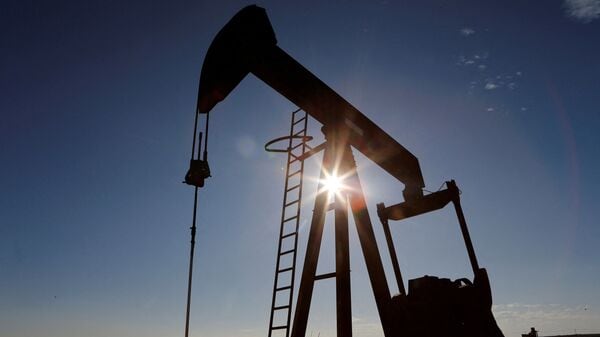The Indian government has reduced the windfall tax on crude petroleum to zero, leading to an anticipated decrease in petrol and diesel prices. This decision, effective from September 15, aims to provide relief to consumers amid rising inflation. The move follows a recent surge in international crude oil prices, which had previously prompted the imposition of the tax to curb excessive profits by oil producers. The government also adjusted the Special Additional Excise Duty on petrol, diesel, and aviation turbine fuel, further impacting fuel costs.
The windfall tax, introduced in July 2022, was intended to capture extraordinary profits made by oil companies due to high global oil prices. However, with the current decline in crude oil prices, the government has deemed it appropriate to slash the tax to zero.
The Special Additional Excise Duty on petrol and diesel has been revised to Rs 0.50 per liter, down from Rs 1 per liter, while the duty on aviation turbine fuel has been reduced from Rs 2 per liter to Rs 1 per liter.
This reduction in taxes is expected to alleviate some of the financial burdens on consumers and industries reliant on fuel. It aligns with the government’s efforts to manage inflation and stabilize the economy by lowering transportation and production costs.
The oil industry has welcomed the government’s decision, anticipating improved profitability and investment opportunities. Analysts predict that this move will foster greater stability in the fuel market and benefit end-users through lower prices.
The elimination of the windfall tax on crude petroleum, along with reductions in excise duties on petrol, diesel, and aviation turbine fuel, marks a significant step by the Indian government to mitigate the impact of global oil price fluctuations on the domestic economy. This strategic decision aims to balance the interests of consumers, industry stakeholders, and the broader economic environment.



